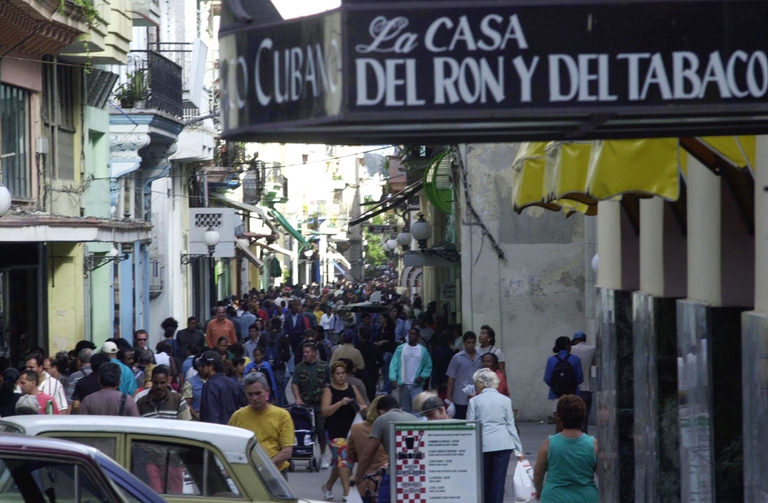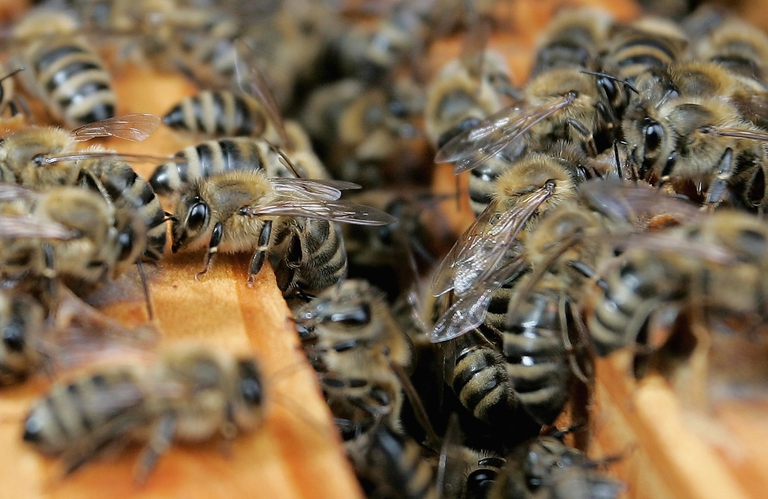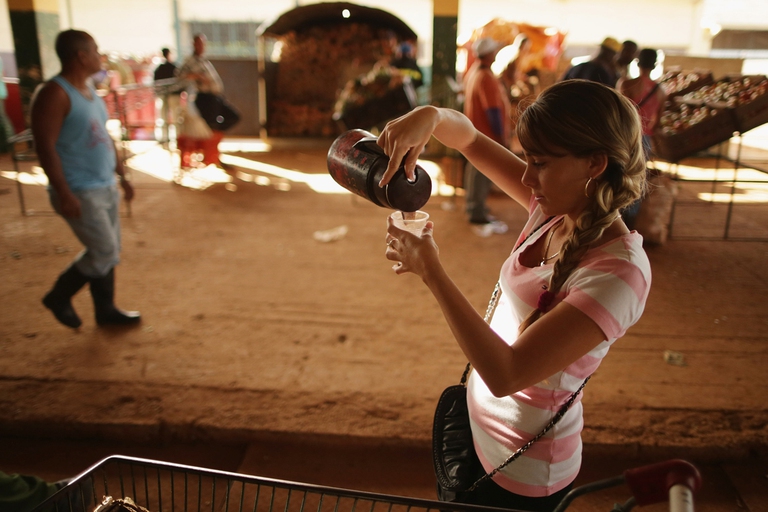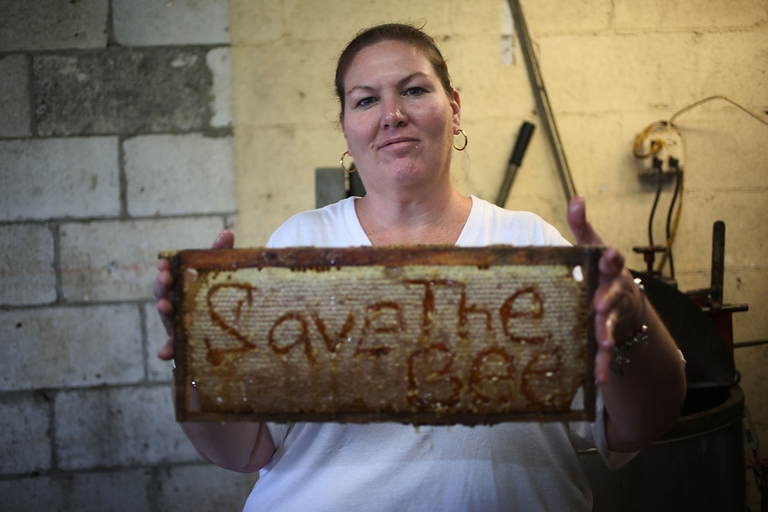
Factory farming conditions and antibiotic-resistant pathogens emerging as a result of them pose an existential threat to humans in the form of zoonotic diseases. Why it’s time to produce and consume food more thoughtfully.
La Isla Bonita has long been unable to afford pesticides, so, it is now immune to declining bee populations, its natural environment is pristine, and the production of organic honey has become one of the country’s key agricultural exports.
Cuba produced as much as 7,200 tonnes of organic honey in 2014. This is a record for the island where now the product is fourth in the list of the country’s agricultural export behind fish, tobacco and rum, but ahead of sugar and coffee, according to Theodor Friedrich, the UN Food and Agriculture Organisation’s (FAO) representative for Cuba.
With the United States’ trade embargo and no local pesticide producers, the nation’s government has basically been obliged to adopt organic farming practices. For this reason, the lands available for honey bees to nest have remained pesticide free and rich in biodiversity.
“All of (Cuba’s) honey can be certified as organic. It has a very specific, typical taste; in monetary value, it’s a high ranking product”, Friedrich told the Thomson Reuters Foundation. Most of Cuba’s honey exports are destined for Europe, but now that the US embargo is being eased thanks to the diplomatic efforts of Obama’s administration, bee keepers expect further export growth if the government will support them. Small honey farmers, as a matter of fact, sell all the honey they produce to the government, which pays them according to the global market price and takes on the responsibility for commercialising the product abroad.
Friedrich concluded his interview for the Thomson Reuters Foundation highlighting that Cuba’s pesticide-free bee industry is an important economic source for the island and can globally act as a protection against the problems hitting other honey exporters, who are challenged by declining bee populations.
Siamo anche su WhatsApp. Segui il canale ufficiale LifeGate per restare aggiornata, aggiornato sulle ultime notizie e sulle nostre attività.
![]()
Quest'opera è distribuita con Licenza Creative Commons Attribuzione - Non commerciale - Non opere derivate 4.0 Internazionale.
Factory farming conditions and antibiotic-resistant pathogens emerging as a result of them pose an existential threat to humans in the form of zoonotic diseases. Why it’s time to produce and consume food more thoughtfully.
The world of cinema recognises the link between food choices and the climate crisis by offering vegan menus for awards season events, including at the most important of them all: the Oscars.
Let’s look at the reasons behind the growth of veganism in India, as a small yet vocal section of the population turns towards this diet and lifestyle in the largest milk producing country in the world.
by Jeffrey Y. Campbell, Manager of the Forest and Farm Facility at FAO In the Ecuadorian Amazon, Kichwa farmers grow dozens of products on tiny parcels of land. Their lands hum with biodiversity, yielding nutritious foods that have sustained families for generations. Wandering among fruit and nut trees and crops, these indigenous agroforesters fill their baskets
Mint has many health benefits, but in food it’s often accompanied by artificial green colourings. Instead, Galatea has created a green mint ice cream in a completely natural way.
We’re talking about Galatea, a company that produces semi-finished products for artisanal ice creams using high quality ingredients, natural colouring, excluding thickeners and hydrogenated fats, respecting the environment and supporting the less fortunate.
The mad rush to fake food, like fake meat made with genetically-modified soy, ignores the importance of the diversity of our foods and culinary cultures. It’s a recipe to accelerate the destruction of the Planet and our health.
Like with all foods, the quality of an ice cream can be discerned by reading its label. An expert explains how to do this, and tells us how their company steers clear of chemicals, using only natural ingredients to produce an excellent and “free” ice cream.
Quality ingredients, no artificial colouring and hydrogenated fats. These are the main features of a great ice cream. But what makes an ice cream parlour “good”, i.e. sustainable?











